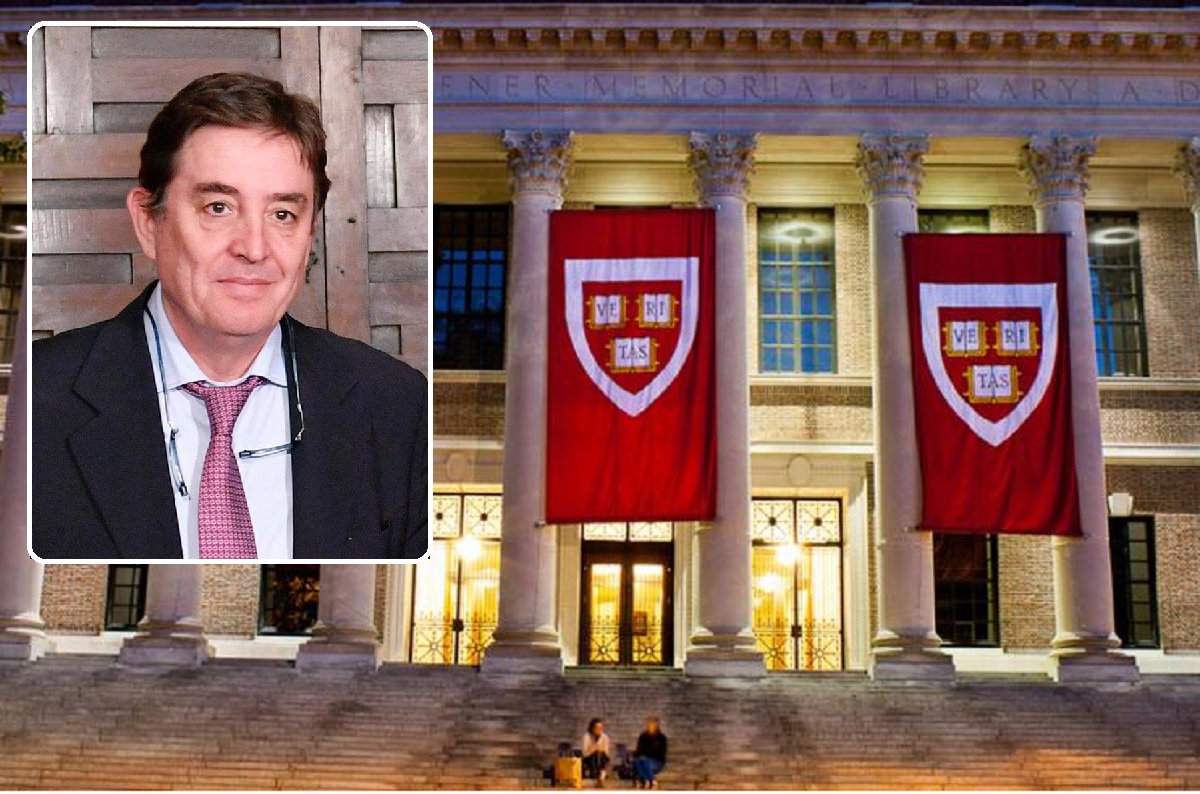The Observatory of Spanish and Hispanic Cultures of the Instituto Cervantes at Harvard University celebrated its 10th anniversary, during which time it has published 85 studies that address the Hispanic reality, its language and its cultures.
“[El observatorio] has paid attention to the social and linguistic evolution of Spanish, its coexistence with other languages in this multilingual and multicultural context, its use, learning or perception by different types of speakers, as well as the literary, artistic and intellectual production in Spanish, and its diffusion both in this language and in translation into English”, indicated a report from that institution.
Luis García Montero, general director of the Cervantes Institute, and the Mexican writer Valeria Luiselli, gave conferences on April 27 to celebrate the decade of the observatory.
“Poetry in the world today”, by García Montero, and “Sometimes, still, through”, by Luiselli -awarded with the American Book Award and finalist for the Booker Prize (2019)- were the conferences that celebrated the anniversary.
Luiseli has been recognized with the “5 under 35”, an award given to the five best writers under 35 in the United States and is currently a visiting professor at Harvard.
Diana Sorensen, director of the Observatory of Spanish at the Instituto Cervantes at Harvard and James F. Rothenberg Professor of Romance Languages and Literatures and Comparative Literature, was the official presenter.
This Friday, García Montero will participate in a meeting with Katie King, translator of her novel “Someone Speaks Your Name” (2014), organized by the Department of Romance Studies at Boston University in collaboration with with the observatory.
The work of the observatory is enriched by the collaboration of other areas of Harvard University, such as the Department of Romance Languages and Literatures, as well as the History and Art History, Ethnicity, Migration and Rights committees.
This observatory has contributed to the studies of Spanish, which is the second most important language in the United States with close to 60 million speakers, of which some 32 million have it as their first language.
language and identity
The Instituto Cervantes has been very pleased this month of April, as on the weekend of 21-22 it held the second edition of its “Language and Identity” conference, which on this occasion addressed diversity and inclusion.
This year the program included some scenic interludes that addressed the relationship of language with society, with artificial intelligence and inclusion in general.
“I am very satisfied with the great success of the second congress and very grateful to the panelists who were selected through a public call,” said Richard Bueno, director of the Instituto Cervantes in La Gran Manazana. “Their participations, as well as the plenary conferences, were of a high level and allowed us to hold a discussion about our language with very varied perspectives, honoring what we seek to promote: diversity, context and inclusion.”
